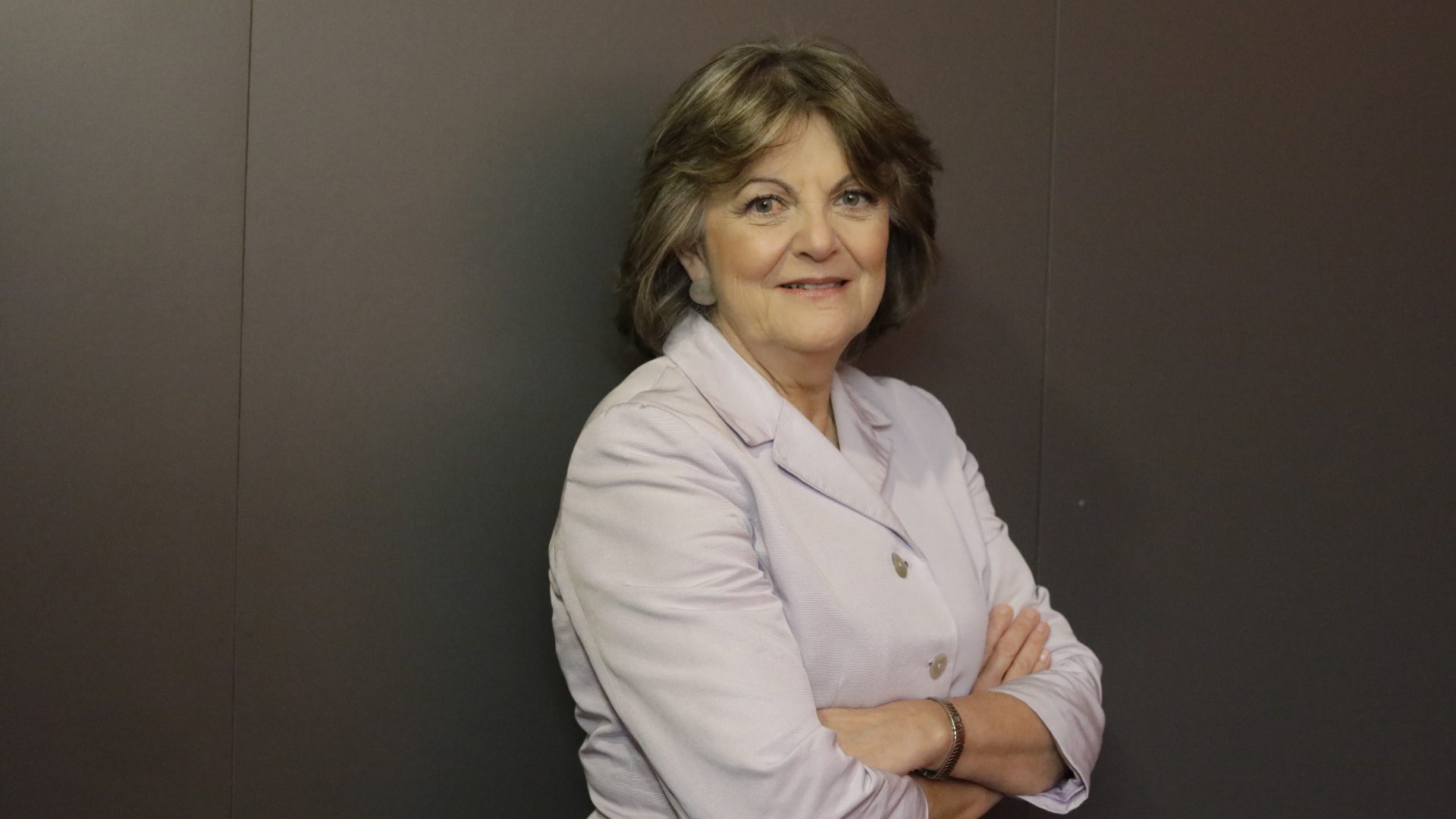EU starts proceedings against Portugal, 22 others for copyright delays
The EU executive began infringement proceedings against Portugal for failing to communicate to it how they have transposed EU legislation aimed at modernising copyright rules.
The European Commission on Monday began infringement proceedings against Portugal and 22 other European Union member states for failing to communicate to it how they have transposed EU legislation aimed at modernising copyright rules in the bloc, or for having done so only partially.
In a statement, the EU executive said that it had asked Austria, Belgium, Bulgaria, Cyprus, Czech Republic, Denmark, Estonia, Greece, Spain, Finland, France, Croatia, Ireland, Italy, Lithuania, Luxembourg, Latvia, Poland, Portugal, Romania, Sweden, Slovenia and Slovakia “to provide information on how the rules included in the Digital Single Market Copyright Directive are being enacted in their national legislation.”
At issue is the EU directive on copyright and related rights in the digital single market, which came into force in May 2019 with the stipulation of a two-year adaptation period, to run until June 2021, during which EU countries were to transpose the new rules into national law. By that deadline, the necessary laws, regulations and administrative provisions should have been adopted.
In Monday’s statement, the commission also said that it had asked Austria, Belgium, Bulgaria, Cyprus, Czech Republic, Estonia, Greece, Spain, Finland, France, Croatia, Ireland, Italy, Lithuania, Luxembourg, Latvia, Poland, Portugal, Romania, Slovenia and Slovakia “to communicate information on how the directive on [copyright in] online television and radio programmes is being enacted in their national legislation.”
Since these member states had not communicated national transposition measures or have only partially done so, it explained, it had “today decided to launch infringement proceedings by sending letters of formal notice.”
This means that the countries concerned must within two months inform the commission about the transposition of the directives into national law and take the necessary action. If there is no satisfactory response, the commission may decide to issue reasoned opinions, the next step in infringement proceedings.
The copyright directive was created to protect the content ownership of artists, musicians, writers and journalists on the internet by providing rules for the use of their work by third parties. At issue are instruments for the renegotiation of contracts, financial compensation to be paid by those who use content for other than private purposes, and control of the material shared by users online.
The directive aims to focus mainly on tech giants such as Facebook, Google and YouTube, which will now have responsibilities to ensure that copyright is respected.
The articles of this directive that have caused the most controversy among member states relating to the protection of press publications for digital use, providing for a payment to a publication when links or references are shared, and the creation of a mechanism to control the material that is uploaded onto online platforms by users.


